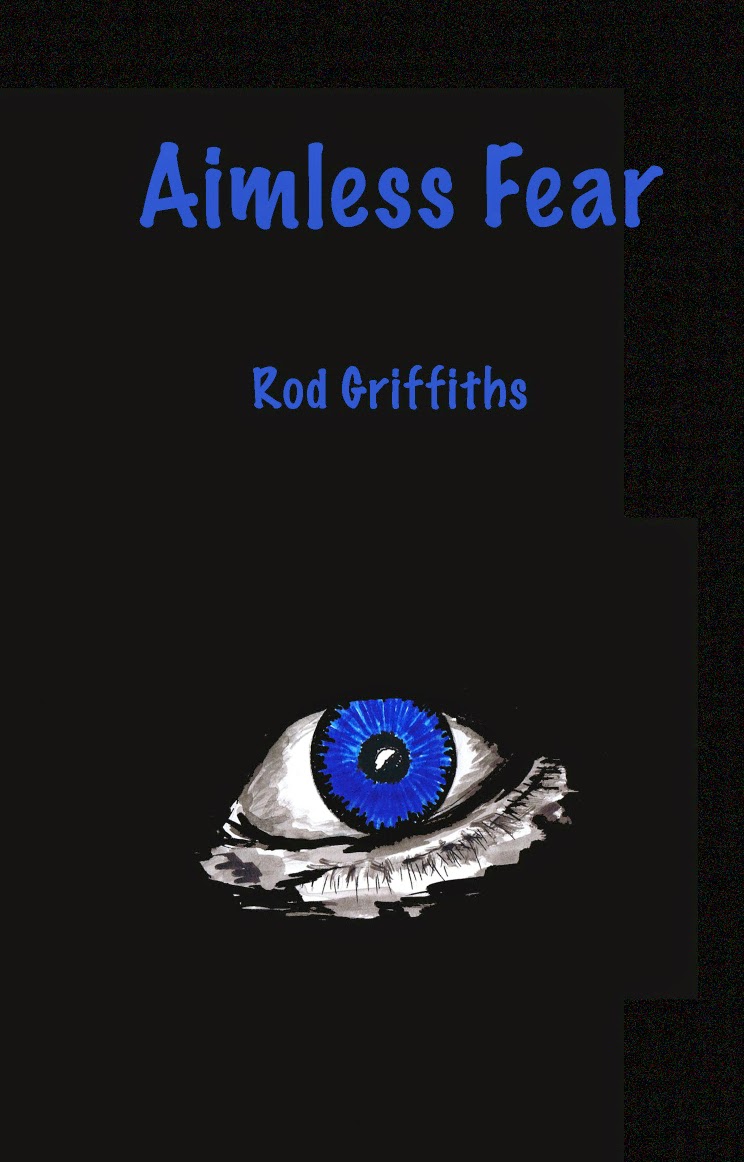I haven't been entirely idle, it's just been a busy year.
 Black Pear Press. During the last year two friends, Polly Robinson and Tony Judge and I set up Black Pear Press ( www.blackpear.net ). The three of us are members of Worcester Writers Circle, a group which we feel has ben getting better and better. We have also been involved in two regular spoken word performance gigs that happen each month in Worcester. Those are:-
Black Pear Press. During the last year two friends, Polly Robinson and Tony Judge and I set up Black Pear Press ( www.blackpear.net ). The three of us are members of Worcester Writers Circle, a group which we feel has ben getting better and better. We have also been involved in two regular spoken word performance gigs that happen each month in Worcester. Those are:-42 (https://www.facebook.com/42worcester ) and
Speakeasy (https://www.facebook.com/worcsspeakeasy ).
At each event we regularly hear great writers who have not been published anywhere, so we thought it would be a good idea to establish a small publishing house to try to make their work available to a wider world.
Publishing books is a time consuming business and I thought there was little point in talking about it until there was something real to see. We now have seven books in print and some more in the pipeline.
At the same time I have been revising my own books - the first edition of Aimless Fear was printed in order to get feedback from local reading groups. I freely admit that the first edition has too many typos and in some places turned out to lack essential details that readers asked for. The second edition is now out, it's longer and it has a lot less errors. That is now available on Amazon, Smashwords and through the Black Pear web site.
 During the year I have also collected together over 40 short stories that I thought were worth showing to other people. Most have been performed, so I know that audiences usually laugh in the right places. That too is available through Amazon and Smashwords and via the Black Pear web site.
During the year I have also collected together over 40 short stories that I thought were worth showing to other people. Most have been performed, so I know that audiences usually laugh in the right places. That too is available through Amazon and Smashwords and via the Black Pear web site.And finally I plan to migrate this blog to a Wordpress site. For those who are interested that is at www.rodgriff.com. For a while I will post in both places but eventually, particularly once I get the hand of it, I will only use www.rodgriff.com.

